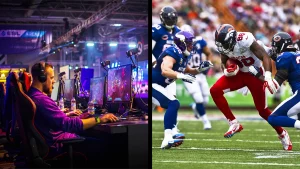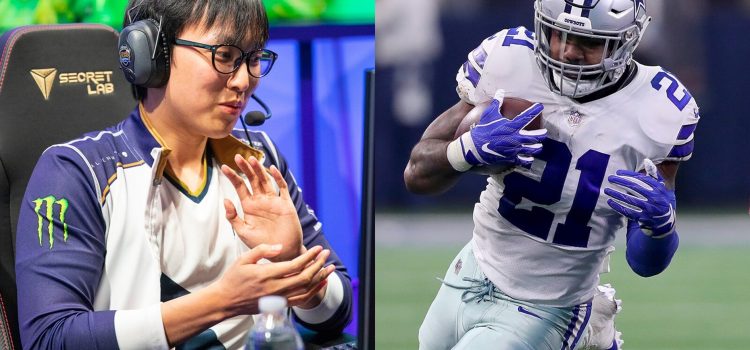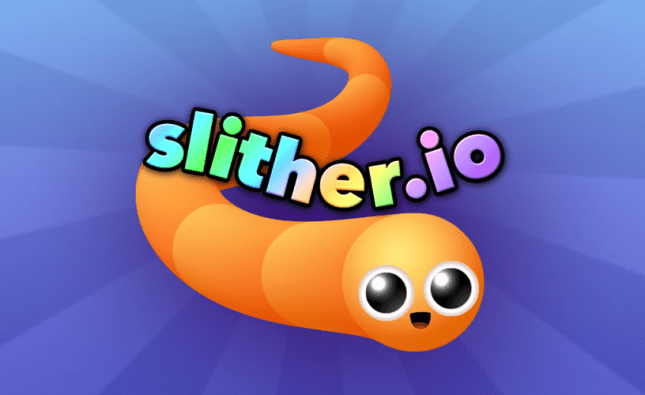
Introduction
The world of competitive sports has long been dominated by traditional physical activities, from soccer and basketball to tennis and cricket. However, the past decade has seen the rise of a new contender: Esports. What began as niche gatherings of gaming enthusiasts has evolved into a multi-billion dollar industry with professional leagues, sponsorship deals, and a global fanbase. This article will explore how Esports is merging with traditional sports, creating a dynamic new landscape that blends the best of both worlds.
The Rise of Esports

-
Historical Context
Esports, or electronic sports, refers to competitive video gaming at a professional level. The concept dates back to the late 20th century, but it wasn’t until the 2000s that Esports began to gain mainstream recognition. Early tournaments like the Cyberathlete Professional League (CPL) and Major League Gaming (MLG) set the stage for what would become a global phenomenon.
-
Market Growth
The Esports industry has seen exponential growth, with revenues surpassing $1 billion in recent years. This growth is fueled by sponsorships, advertising, media rights, and merchandise sales. Major corporations like Coca-Cola, Intel, and Nike have invested heavily in Esports, recognizing its potential to reach younger, tech-savvy audiences.
Synergies Between Esports and Traditional Sports

-
Shared Audiences
One of the most significant synergies between Esports and traditional sports is their overlapping audiences. Both appeal to competitive spirits and offer a sense of community and belonging. Traditional sports leagues like the NBA and NFL have recognized this overlap and have started investing in Esports teams and tournaments.
-
Cross-Promotion
Cross-promotion between Esports and traditional sports is becoming increasingly common. For example, the NBA 2K League, an Esports league based on the popular basketball video game, has teams affiliated with actual NBA franchises. This allows for cross-promotional opportunities that benefit both the Esports and traditional sports sectors.
-
Training and Development
Traditional sports teams are beginning to adopt Esports training methods to improve their athletes’ cognitive and strategic skills. Conversely, Esports athletes are incorporating physical fitness regimes to enhance their performance. This cross-pollination of training techniques is creating more well-rounded competitors in both fields.
Technological Integration

-
Virtual and Augmented Reality
Technological advancements like virtual reality (VR) and augmented reality (AR) are blurring the lines between Esports and traditional sports. VR can simulate real-world sports environments, providing immersive training experiences for athletes. AR, on the other hand, can enhance live sports broadcasts by overlaying game stats and information in real-time.
-
Data Analytics
Both Esports and traditional sports are leveraging data analytics to gain a competitive edge. Advanced metrics and performance analytics are used to assess player performance, develop strategies, and make informed decisions. This data-driven approach is revolutionizing how teams prepare and compete.
The Role of Media
-
Broadcasting Rights
Media companies are increasingly recognizing the value of Esports content. Traditional sports networks like ESPN and Fox Sports have started broadcasting Esports events, bringing them to a broader audience. Streaming platforms like Twitch and YouTube Gaming also play a crucial role in the distribution of Esports content.
-
Social Media Engagement
Social media platforms are essential for engaging with fans and promoting events. Both Esports and traditional sports teams use platforms like Twitter, Instagram, and TikTok to connect with their audiences, share behind-the-scenes content, and build brand loyalty.
Economic Impact

-
Sponsorship and Advertising
Sponsorship deals are a significant revenue stream for both Esports and traditional sports. Brands are keen to associate themselves with popular teams and athletes, providing financial support in exchange for visibility and marketing opportunities. This mutual benefit is driving increased investment in both sectors.
-
Job Creation
The merger of Esports and traditional sports is creating new job opportunities in areas like coaching, event management, marketing, and technology. This economic impact extends beyond the athletes themselves, contributing to the growth of related industries.
Challenges and Opportunities
-
Regulatory Issues
As Esports gains legitimacy, regulatory issues around player contracts, doping, and intellectual property are coming to the forefront. Traditional sports have well-established regulatory frameworks, and Esports organizations are beginning to adopt similar standards to ensure fair play and transparency.
-
Cultural Acceptance
While Esports is gaining acceptance, there are still cultural barriers to overcome. Traditional sports purists may view Esports as less legitimate, but this perception is gradually changing as the industry matures and demonstrates its value.
Future Prospects

-
Hybrid Events
The future may see more hybrid events that combine elements of Esports and traditional sports. Imagine a tournament where participants compete in both physical and virtual challenges, testing their skills in a variety of environments. Such events could attract diverse audiences and offer unique entertainment experiences.
-
Global Expansion
Esports is inherently global, with players and fans from all corners of the world. Traditional sports leagues are looking to tap into this global audience, expanding their reach and influence. This global expansion presents opportunities for cultural exchange and international collaboration.
Conclusion
The merger of Esports and traditional sports is a fascinating development that is reshaping the competitive landscape. By leveraging shared audiences, technological advancements, and cross-promotional opportunities, both industries stand to benefit. As this trend continues, we can expect to see even more innovative and exciting developments in the world of sports and gaming.
In conclusion, the fusion of Esports and traditional sports is creating a dynamic and evolving landscape that offers numerous opportunities for growth, innovation, and engagement. Whether you’re a fan, athlete, or industry professional, this merger promises to deliver exciting new experiences and possibilities.










